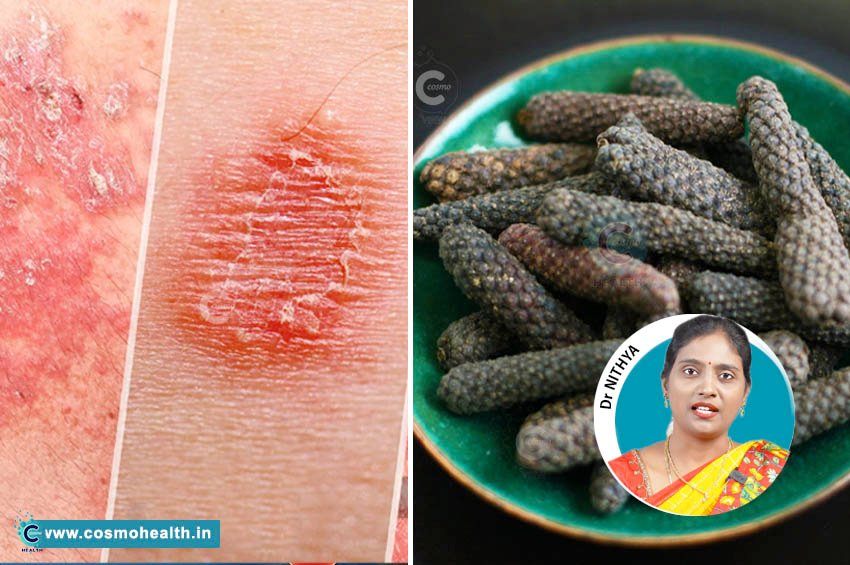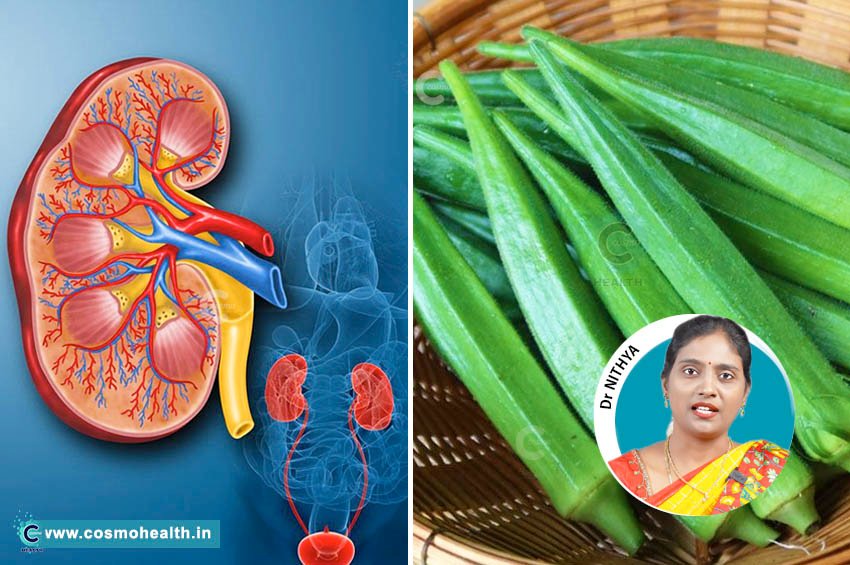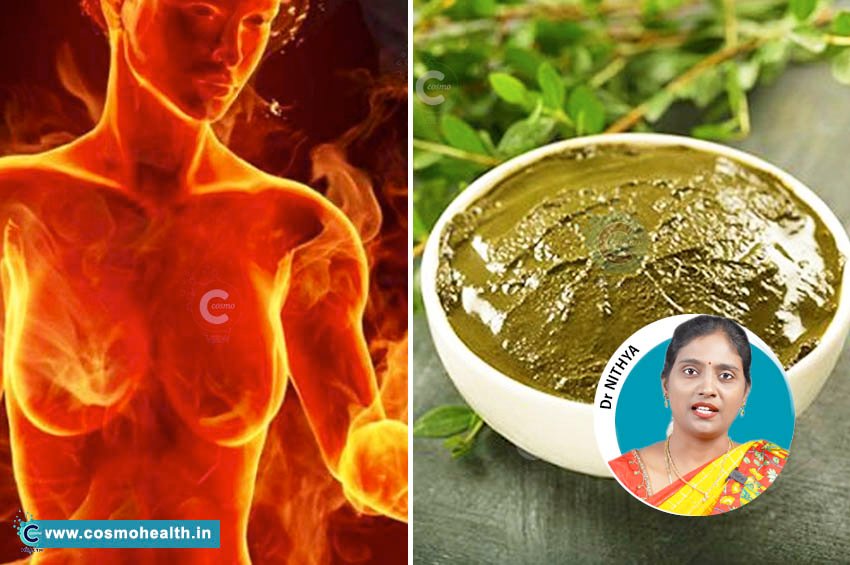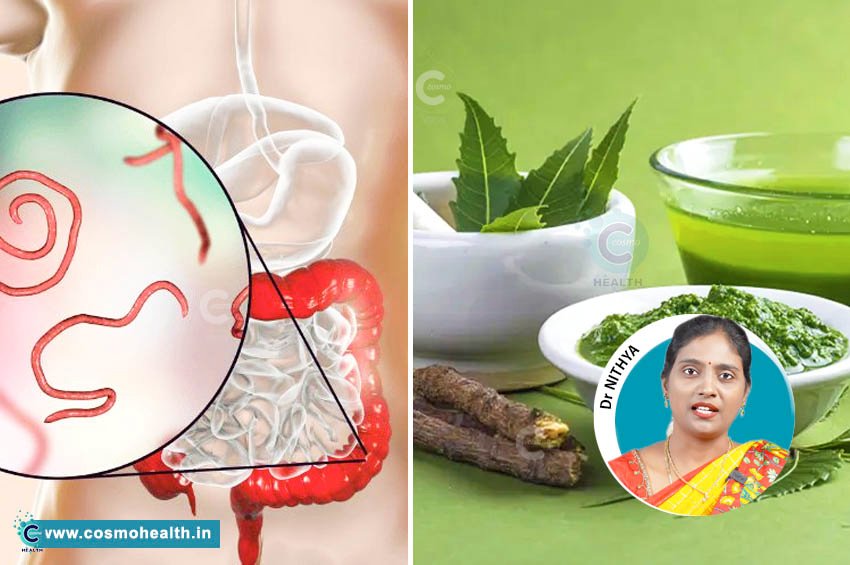Eczema, commonly referred to as skin inflammation, is a prevalent condition affecting many individuals. The disease often manifests with symptoms like intense itching, dryness, and redness, significantly impacting quality of life. In this article, we’ll explore the different types of eczema, effective treatment methods, and lifestyle adjustments recommended by medical professionals, particularly insights from Dr. Nithya.
Dry Eczema: This form presents with significantly dry skin, leading to itchy patches and potential thickening of the skin over time due to chronic scratching and irritation.
Weeping Eczema: In contrast, weeping eczema may involve fluid discharge from areas of inflamed skin, often accompanied by severe pain and potential bleeding.
The Symptoms and Areas Affected
Individuals suffering from eczema frequently notice:
- Darkened patches on the skin
- Severe itching, particularly at night
- Thickened skin texture in afflicted areas
- In severe cases, weeping sores that may bleed
Typically, eczema affects areas around:
- Joints (elbows and knees)
- Ankles
- Hands and wrists
These regions are prone to irritation and can lead to a cycle of itching and scratching that exacerbates the condition.
Causes of Eczema
Several factors can trigger eczema or make it worse, including:
- Allergic Reactions: Many individuals experience flare-ups due to allergic reactions to food or environmental allergens, such as dust or pollen.
- Irritating Substances: Chemicals in personal care products, household cleaners, or certain fabrics can irritate the skin.
Dietary Influences on Eczema
Dr. Nithya emphasizes that dietary choices play a critical role in managing eczema:
- Avoiding Trigger Foods: It's important for individuals to identify and avoid specific foods that worsen their symptoms. Common triggers include:
- Seafood (such as shrimp and crabs)
- Processed, spicy foods
- High-sodium foods, such as pickles and salt-preserved items
- Sour or fermented foods
- Incorporating Beneficial Foods: Instead of trigger foods, focus on a balanced diet rich in fresh fruits and vegetables, which can aid in reducing inflammation and promote skin health.
Natural Remedies and Treatments
A holistic approach involving natural remedies can be beneficial for eczema management:
- Aloe Vera Gel: Applying freshly extracted aloe vera gel mixed with turmeric can soothe inflammation and provide relief.
- Thippili (Long Pepper): This herb is noted for its effectiveness in treating skin ailments. By grinding Thippili into a fine powder and mixing it with honey, one can create an ingestible treatment that strengthens the body's defensive response against skin issues.
- Herbal Treatments from Siddha Medicine: Specific herbal combinations are effective in promoting skin healing. For instance:
- Karpam Oil: This oil can be applied directly to affected areas.
- Siddha Medicines: Formulations like "Saram Sanitizer" contain potent herbs that are historically recognized for their benefits in treating skin conditions like eczema.
Practical Tips for Managing Eczema
To further alleviate symptoms, Dr. Nithya recommends the following lifestyle adjustments:
- Skincare Routine: Stay hydrated and use moisturizers suitable for sensitive skin. Regularly apply emollients in order to maintain skin hydration.
- Avoid Hot Water: Overly hot baths and showers can dry out the skin. Use lukewarm water when bathing, and apply moisturizer immediately afterward to lock in moisture.
- Wear Comfortable Fabrics: Opt for loose-fitting, breathable fabrics to prevent irritation. Cotton is generally a safe choice.
- Seek Regular Medical Advice: Stay in touch with a healthcare provider for personalized advice and potential prescription treatments if over-the-counter products are ineffective.
Monitoring Progress
Tracking dietary changes and skin reactions can provide insight into what works and what doesn’t. Additionally, keeping a journal of symptoms can help identify triggers and effective responses.
In summary, managing eczema effectively requires a multi-faceted approach that includes dietary adjustments, natural remedies, personalized skincare regimens, and sustained medical consultations. Dr. Nithya's insights provide valuable guidance for those seeking relief from eczema and its associated discomforts.
If you or someone you know struggles with eczema, consider these holistic strategies to help manage and alleviate symptoms. For more health insights and remedies, stay tuned for our upcoming posts!





